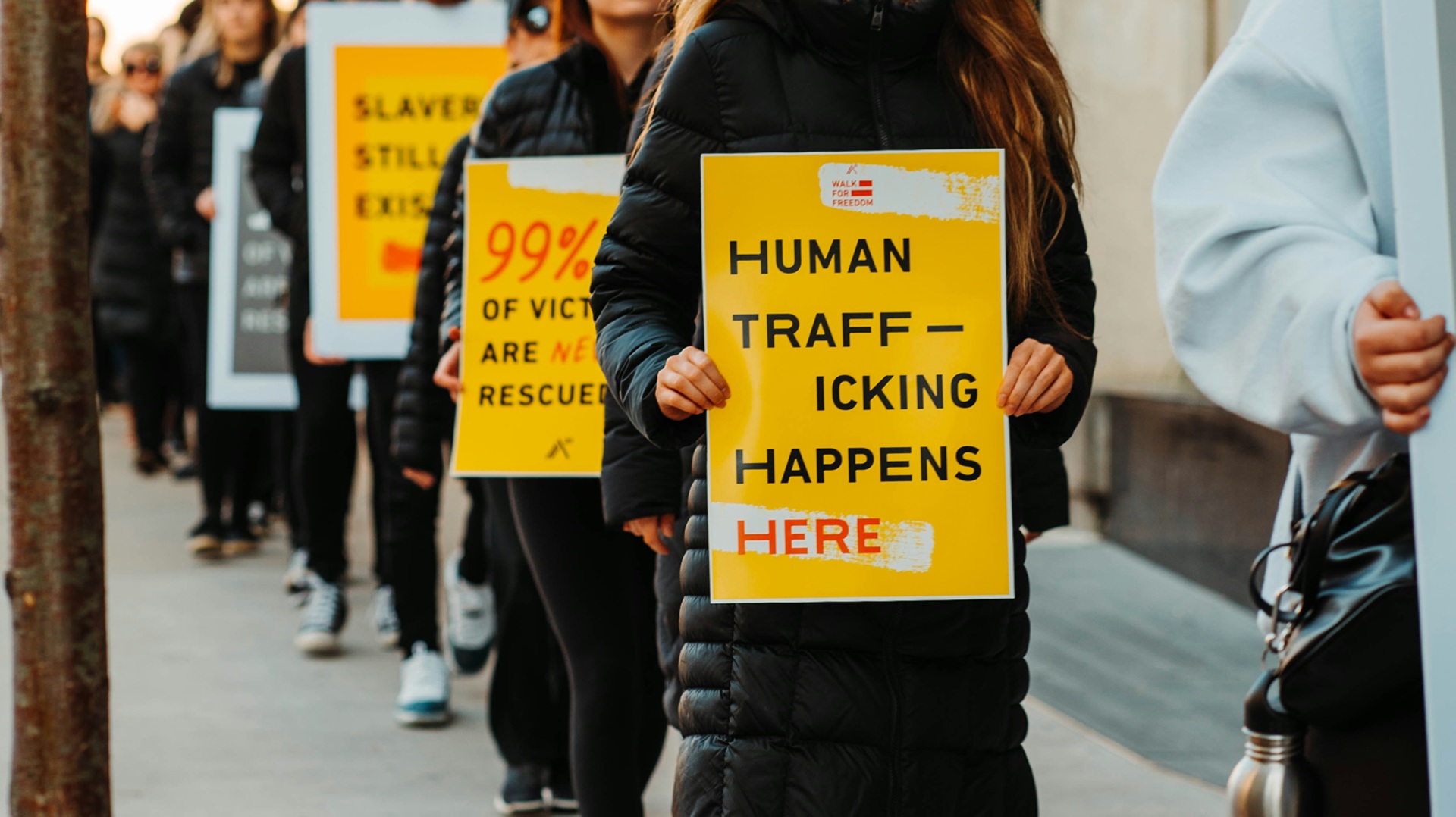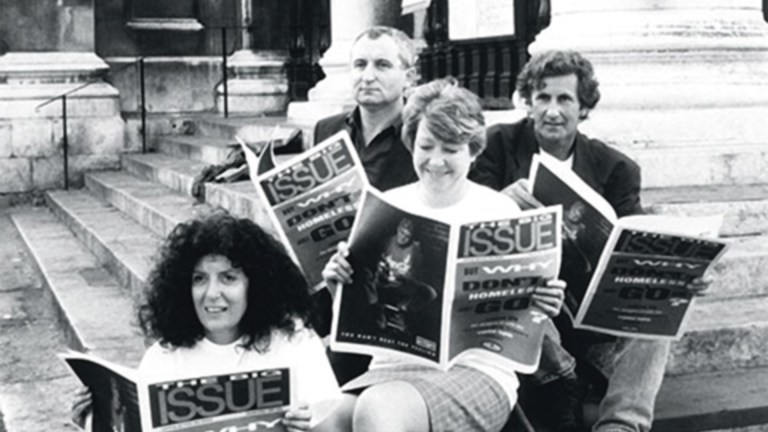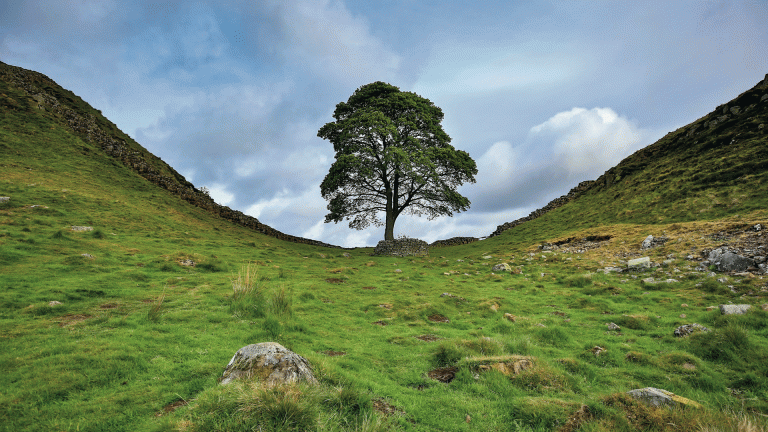Modern slavery and human trafficking are complex crimes. Often survivors do not recognise themselves as victims because perpetrators are adept at making them believe their mistreatment is normal.
Traffickers may tell victims it is normal to not receive full pay, or suffer poor working conditions, in certain industries or countries. Victims may be told that, because of their immigration status, gender or disability, law enforcement will not take them seriously if they come forward.
Alongside civil society, certain agencies play an important role in identifying cases of exploitation, sharing information with survivors, and referring them for support. Yet, these ‘first responders’, who have a legal duty to identify modern slavery, are not all trained to do so.
Data obtained by After Exploitation and the UK BME Anti-Slavery Network (BASNET) has found that as many as one in four (26%) local councils in England offer no standalone training on mo dern slavery to staff. Even fewer (7%) offered the ‘gold standard’ of recurring classroom learning and an e-learning resource, with half offering only the latter.
So, what happens when staff have a duty to recognise something they may know nothing about? Either survivors slip through the net entirely or only a certain type of survivor, who fits the professional’s preconceived notion of exploitation, ends up being identified. This is a serious problem, given how broad the issue of ‘exploitation’ really is.
For example, some survivors are not held under lock and key, but are instead trusted to go grocery shopping for perpetrators because both parties know the victims’ family will be killed if they step a foot out of place.










